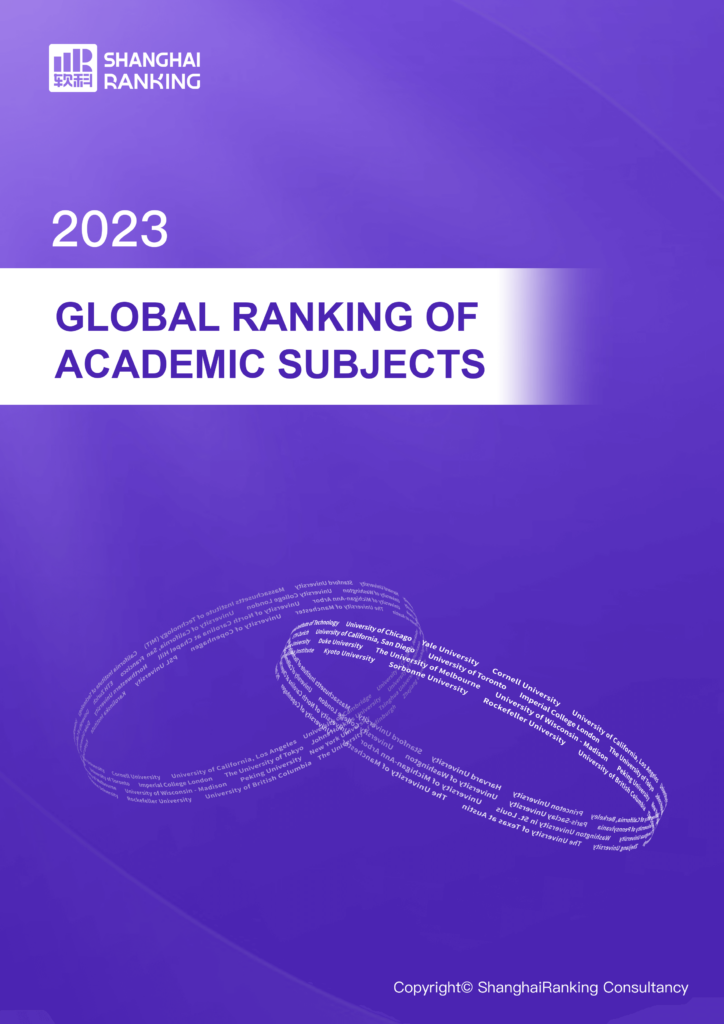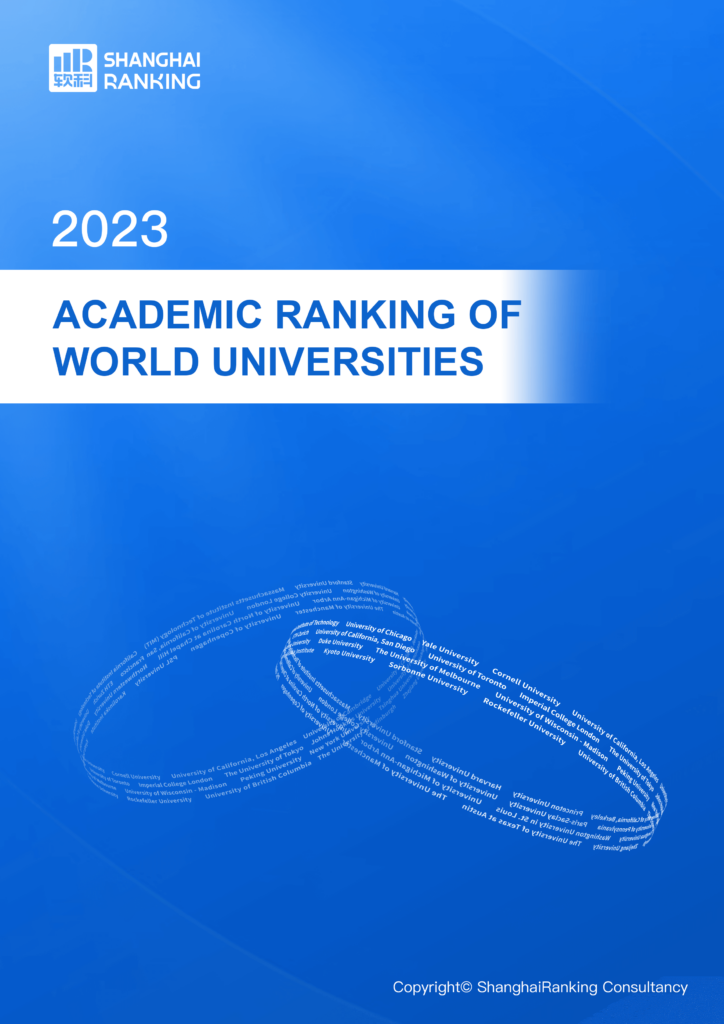The Shanghai Ranking Consultancy (SRC) may be an unfamiliar name to many, but is a group well-known for giving rankings to universities around the world. Whether you are currently studying at university, identify as alumni, or did not go to university, the Academic Ranking of World Universities (ARWU) is something that many find intriguing each year a new list is released.

While the AWRU creates a ranking based on current students and alumni, the SRC also ranks these universities by scientific subjects within these institutions which is called the Global Ranking of Academic Subjects (GRAS). These two differentiating rankings show different results due the SRC’s use of the Academic Excellence Survey. To help define this survey and explain these indicators Daniel Torres-Salinas, Wenceslao Arroyo-Machado, and Enrique Herrera-Viedma explain how this survey process most likely comes with potential biases.
The identification of journals and selection processes by participants is seen to be fairly exposed of present bias. They further debrief on the potential risk of the journal selections in these processes and how the motivation of bias creates a potential conflicts of interest resulting in the amount of involvement we see within editorial committees.
The usage of surveys for world rankings like the GRAS instead of established bibliometric standards can possibly result in inconsistent data within the rankings. The methods used for this study can create risk and confusion for university policymakers who look at the GRAS as a trustworthy source.

We hope this information and summary presented was helpful. We will continue to keep you updated with more news!
